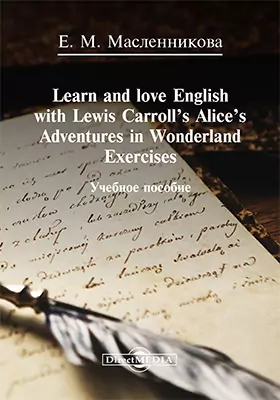Learn and love English with Lewis Carroll’s Alice’s Adventures in Wonderland. Exercises
Место издания: Москва|Берлин
ISBN: 978-5-4475-8408-5
Страниц: 71
Артикул: 11476
Краткая аннотация книги "Learn and love English with Lewis Carroll’s Alice’s Adventures in Wonderland. Exercises"
Учебное пособие предназначено для студентов, обучающихся по направлению подготовки 45.03.02 «Лингвистика» по профилю «Теория и методика преподавания иностранных языков и культур», «Перевод и переводоведение». Самостоятельная работа над книгой Льюиса Кэрролла «Alice’s Adventures in Wonderland» позволяет усовершенствовать студентам свои знания английского языка. В пособии последовательно реализуются коммуникативный и личностно-ориентированный подходы в преподавании английского языка. . При оформлении были использованы иллюстрации Дж. Тенниела (1866).
Содержание книги "Learn and love English with Lewis Carroll’s Alice’s Adventures in Wonderland. Exercises"
All in the Golden Afternoon
Chapter I. Down the Rabbit-Hole
Chapter II. The Pool of Tears
Chapter III. The Caucus Race and a Long Tale
Chapter IV. The Rabbit Sends a Little Bill
Chapter V. Advice from a Caterpillar
Chapter VI. Pig and Pepper
Chapter VII. A Mad Tea-Party
Chapter VIII. The Queen’s Croquet Ground
Chapter IX. The Mock Turtle’s Story
Chapter X. Lobster Quadrille
Chapter XI. Who Stole the Tarts?
Chapter XII. Alice’s Evidence
Proper Names
References
Все отзывы о книге Learn and love English with Lewis Carroll’s Alice’s Adventures in Wonderland. Exercises
Отрывок из книги Learn and love English with Lewis Carroll’s Alice’s Adventures in Wonderland. Exercises
Ex. 3. Explain the difference between the words. bit — morsel; cry — scream; eat — nibble; father — feather; green — grin; hair — ringlets — locks; hatch — snatch; last — least; look — peer; nest — next; pity — sor-ry; resent n — present v — present adj — presently; sleep — a wink of sleep; son — soon — sooner; state — station — stay; suet — suit; touch — tough; under — un-derneath; upright — right; weak — week; What are you? — Who are you?; wing — wink. Ex. 4. Use the proper negative prefix to form anto-nyms. ....common(ly); ....fold v; ....twist. Ex. 5. Word formation. annoy v → ...................... adj begin v → .......................... n blow v → ........................... n contempt n → ............... adv confuse v → ................... adj decide v → ..................... adv doubt n / v → .. adj → . adv encourage v → ............... adj grace n → ..... adj →...... adv irritate v → ..................... adj long adj → ........................ n open v → ......................... n pity n → ........................... adj please v → .......................... n promise v → ................... adj puzzle v → .... / ....... adj (2) shake v → .......................... n shy adj → ....................... adv strong adj → ..................... n success n → ...................... v thought n → ... adj → . adv true adj → …. n → ....... adj young adj → ..................... n Ex. 6. Give the plural form of the nouns. branch ......... joy ................ 33
С книгой "Learn and love English with Lewis Carroll’s Alice’s Adventures in Wonderland. Exercises" читают
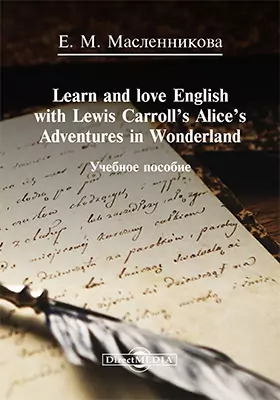



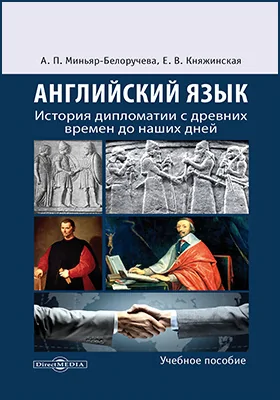






Бестселлеры нон-фикшн
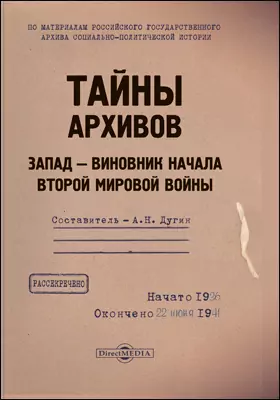


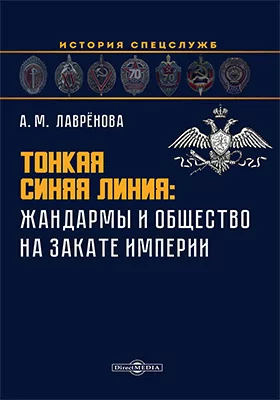
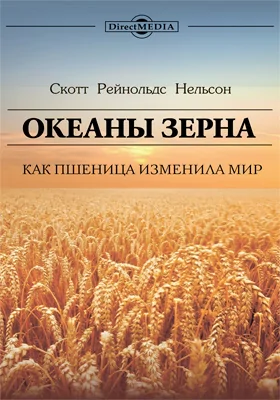
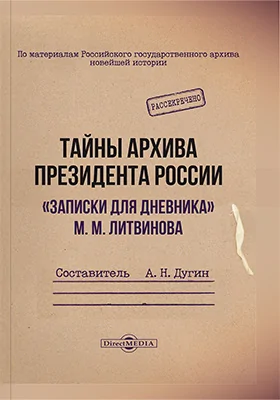

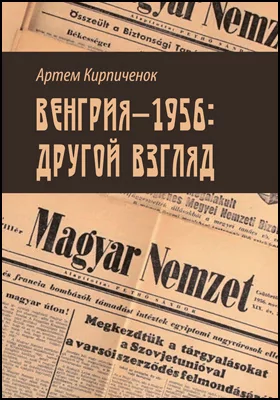
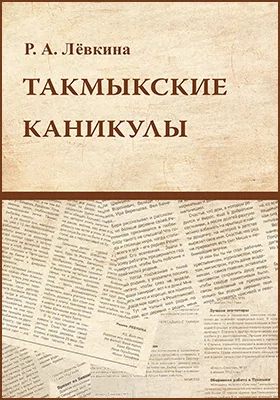
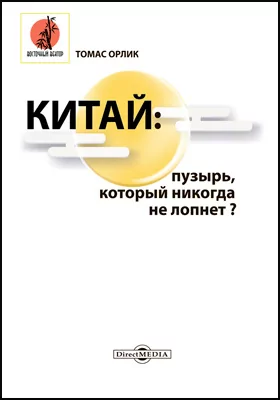

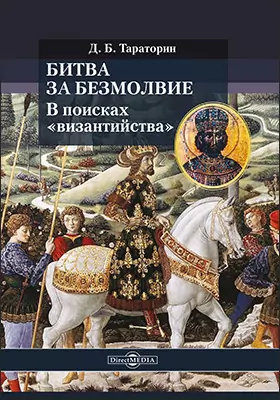

Новинки книги нон-фикшн



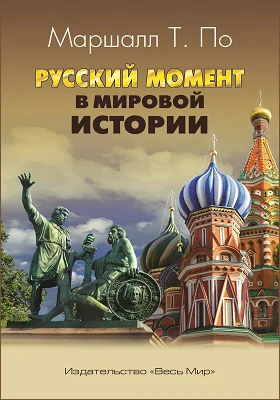

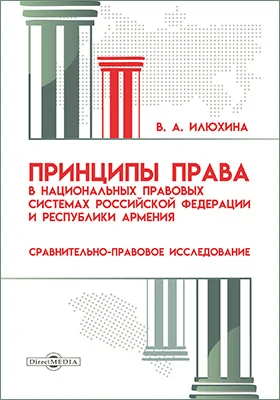

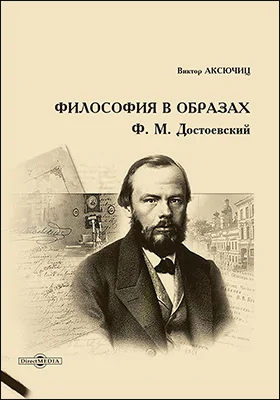
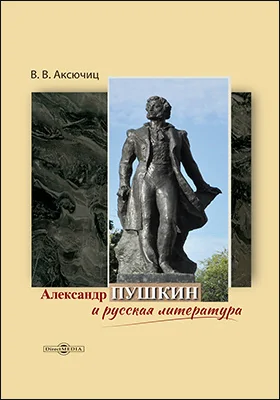
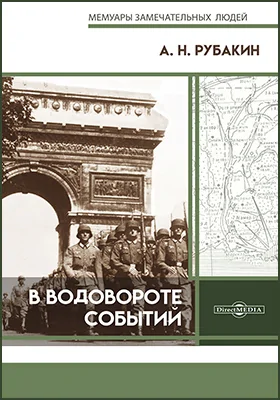

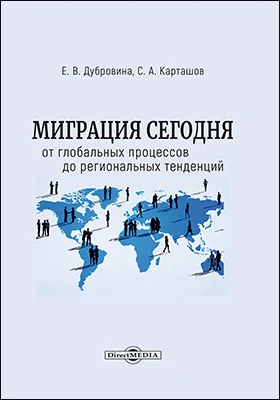

Масленникова Е. М. другие книги автора
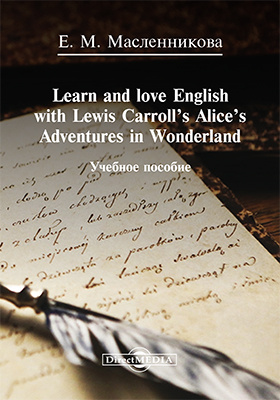
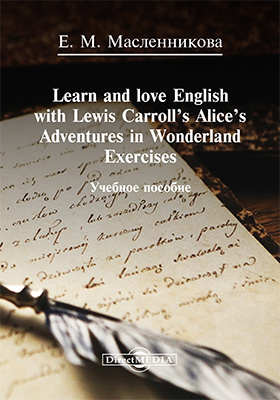

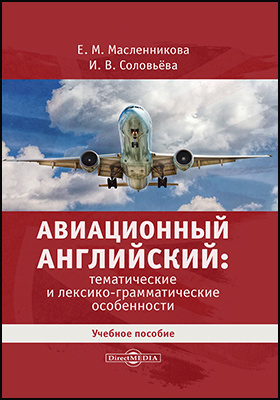


и мы свяжемся с вами в течение 15 минут
за оставленную заявку

